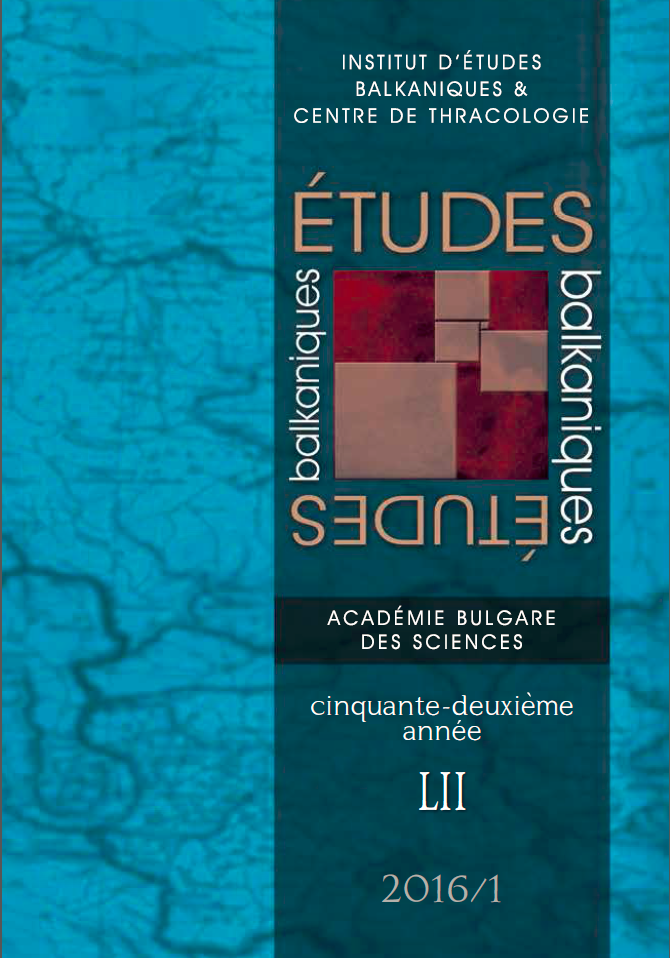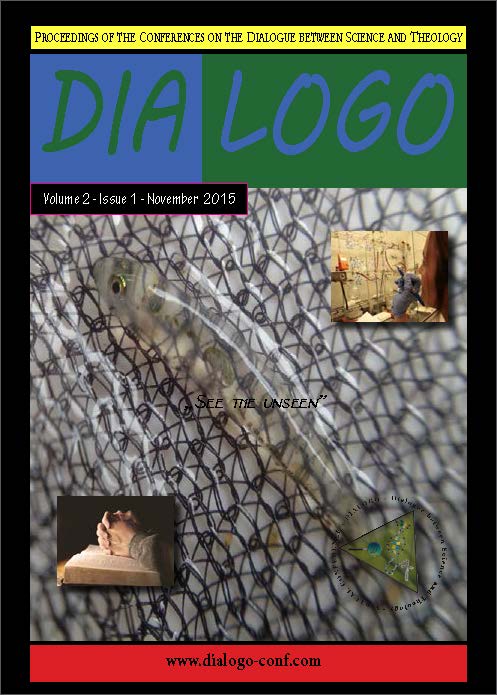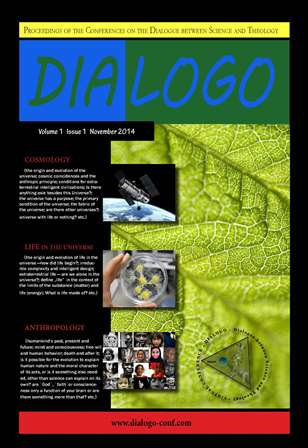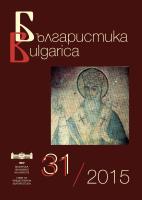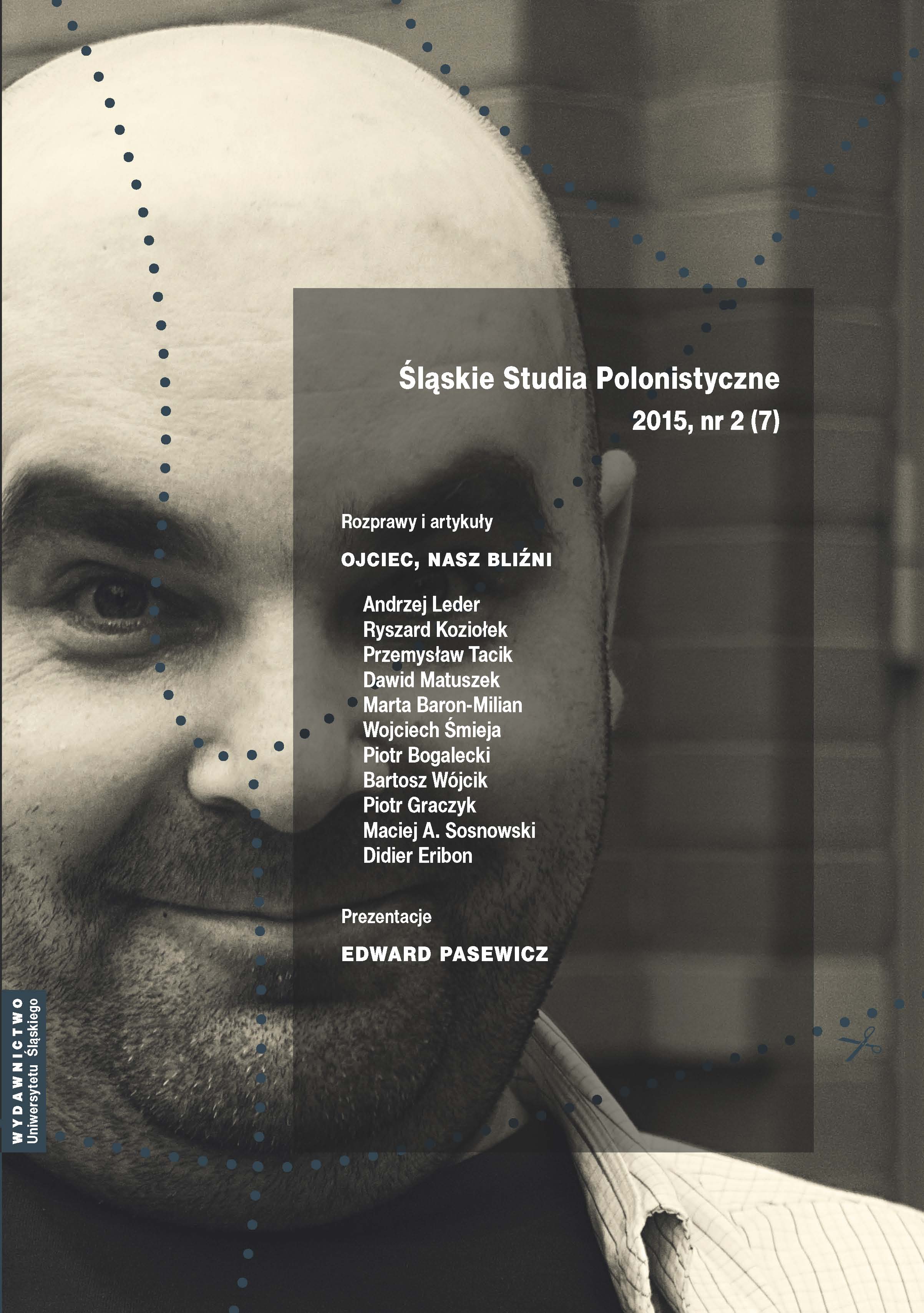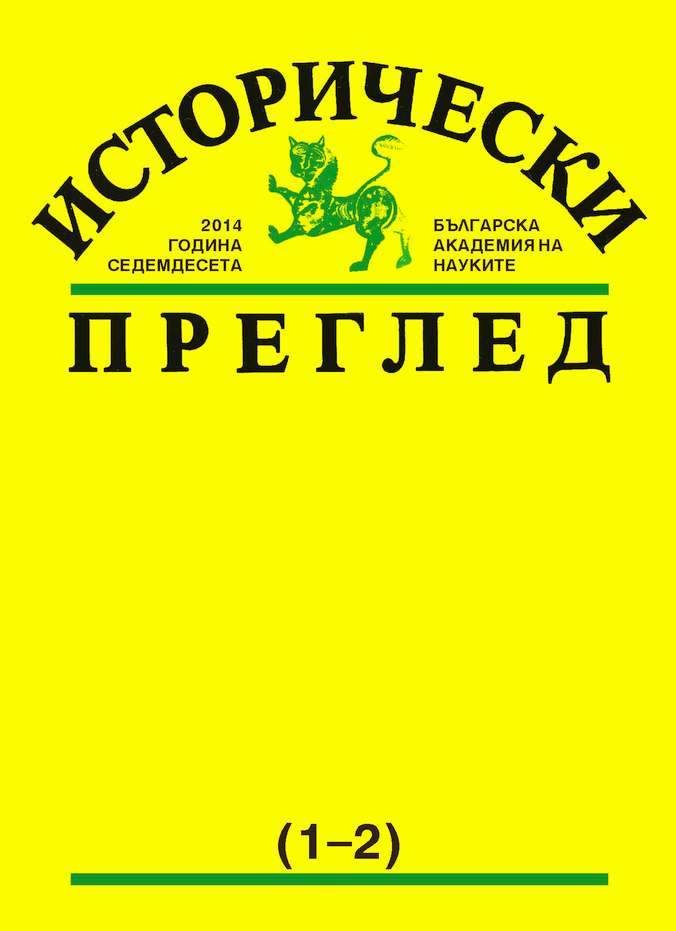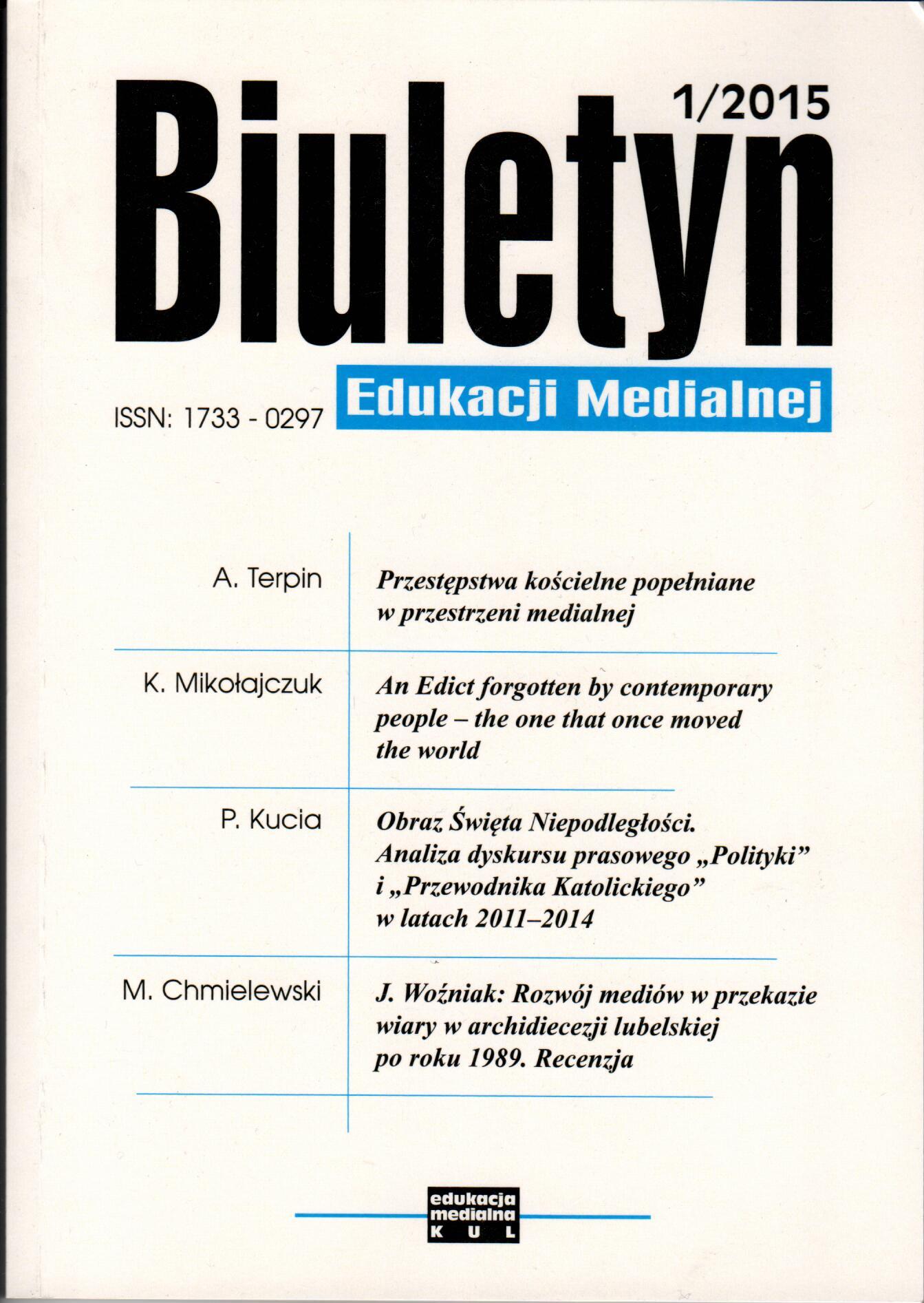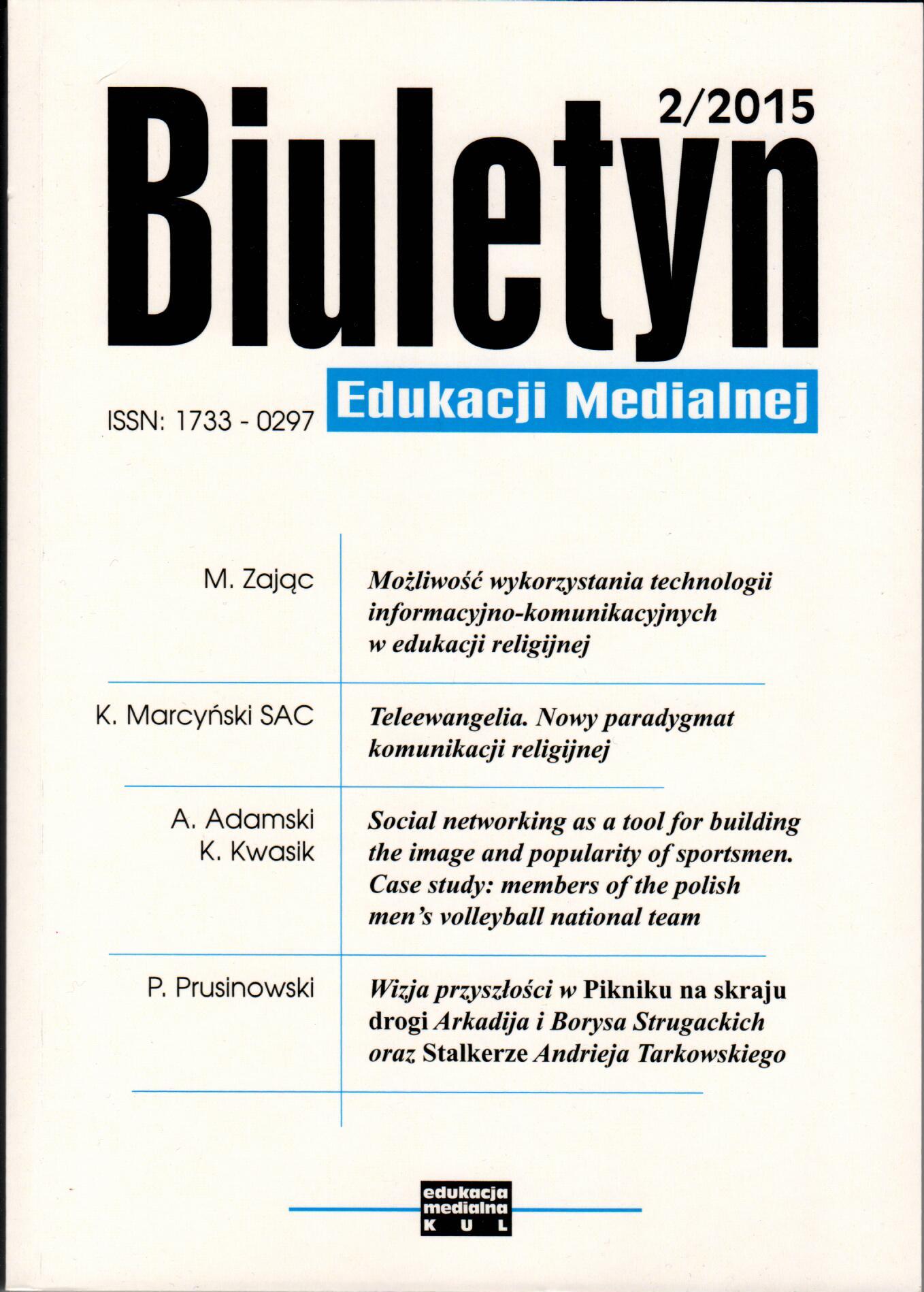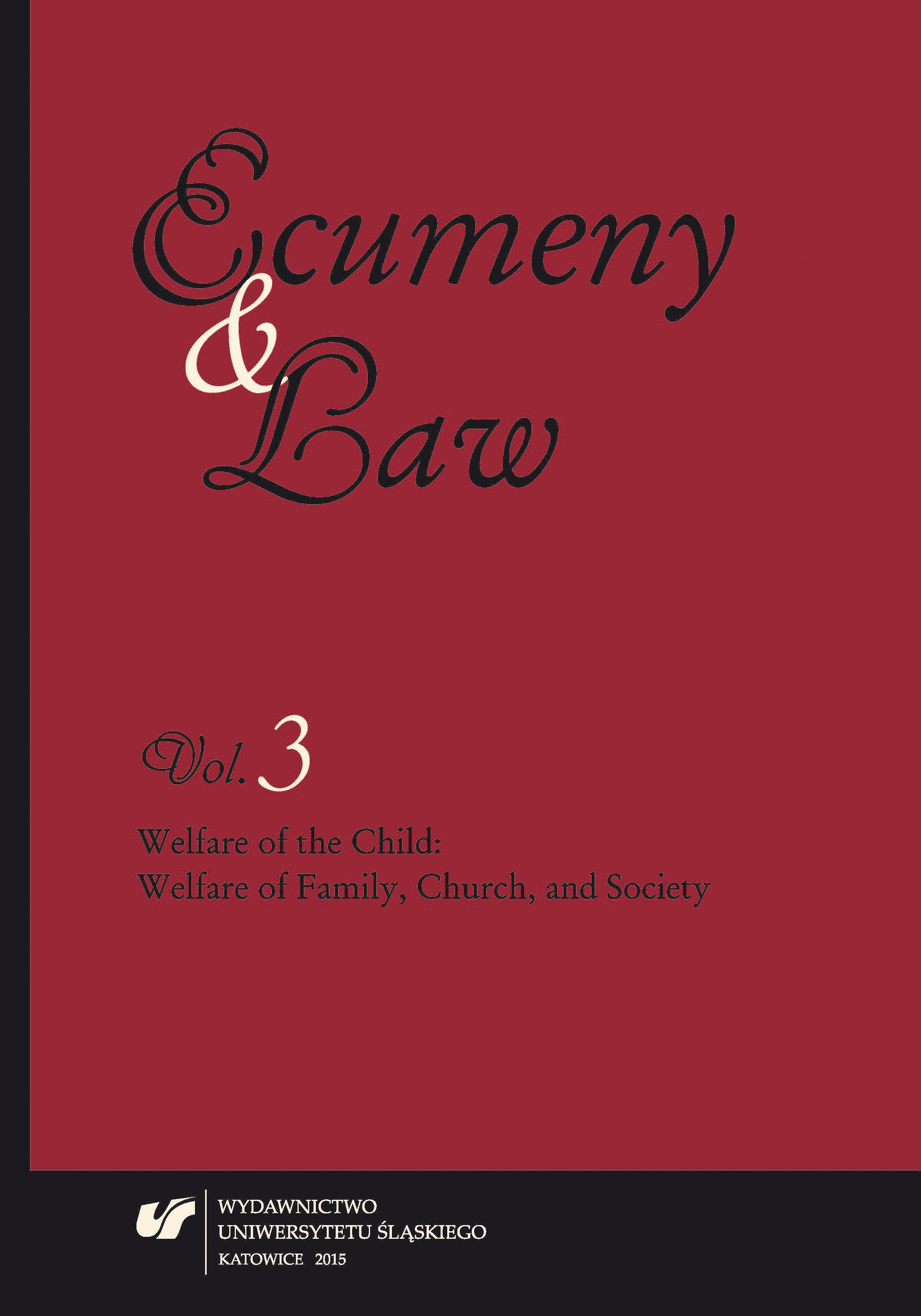Author(s): Jacek Kurzępa / Language(s): English
Issue: 3/2015
The author touches upon the subject matter of the rights of a child within the vista of the social conditions in the micro and mezosocial perspective. In the initial part of his considerations he indicates toward the challenges that the ageing society has to face, as well as evokes the phenomenon of love — as not only an ontic value but also biological and demographic. A natural destiny and biology of the body is ageing, we should accept such a natural consequence, which for ages has been difficult and led toward negation and acknowledgement that nature can be cheated, or improved. As a result new offers appear, be it within the scope of medicine (medications that help preserve the potency regardless of the age) and also beauty and plastic surgery, which subjects to correction the natural flabbiness of the skin, its senile spottiness and naturalness. What follows the possibilities and technologies is genetic engineering and modification connected with conception, creating new life, as well as its deprivation (euthanasia). The new possibilities kindle human passion, dream of perpetual youth, deny and disclaim the law of nature. They strengthen these “dreams,” elements of cultural narration, which talk people into recognizing new axiology, accepting every “modality” of the current ethical, moral, legal and customary axioms. What also appears within the scope of the “dreams of eternity” is the necessity of commercializing emotions, interpersonal bonds, using human embryos, organs, exploitation of children and their abuse. In spite of the proclamation of rights and respect toward Human Person, regardless of age, the letter of law and declarations are not a sufficient guarantee to protect and care for children and childhood effectively.
In the evoked, numerous examples of destroying the nature of childhood and treating children atrociously, the Author reveals claptrap and ineffectiveness of signatories of manifold documents and declarations on the one hand and touches upon the issue of our individual, personal responsibility for the fate of the youngest ones on the other. He emphasizes, both by generously making use of referred ideas conceived by Saint John Paul II, as well as by referring to Janusz Korczak, or Ellen Key, that the fate of the child is in our, adults’ hands. Therefore, if “our adulthood grows wild,” it is difficult to hope that we will behave properly and accordingly toward those who are weaker, smaller and dependant. In the face of the above, our adulthood, in its humanistic dimension, must continuously become better, more mature and also more beautiful, in order to meet the challenges which we face and which are connected with protecting and caring for the youngest ones.
More...
